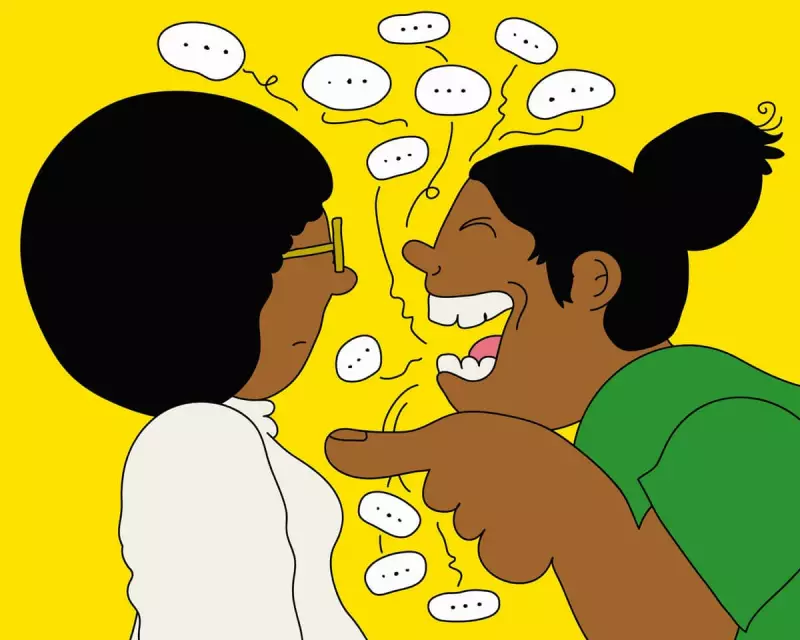
What happens when a term of endearment transforms into a source of resentment? This is the poignant question at the heart of a friendship crisis currently unfolding between two lifelong companions.
The Nickname That Stuck
For over ten years, 'Sunny' has been the designated nickname for one woman in this close friendship. Initially coined during their university days, the cheerful moniker seemed perfectly suited to her bright personality. But now, approaching her late twenties, she finds the name increasingly grating.
'It feels infantilising,' she explains. 'In professional settings and as I'm navigating serious life decisions, being called Sunny undermines my maturity. I've politely asked my friend to stop, but she insists it's our 'thing'.'
A Friendship at Crossroads
The friend in question sees things differently. 'We've called her Sunny since we were eighteen,' she counters. 'It's a term of affection that represents our bond. Suddenly banning it feels like she's rejecting part of our shared history.'
This emotional standoff raises compelling questions about friendship evolution and personal boundaries. Can a nickname outlive its welcome? Should historical affection trump current comfort?
The Psychology Behind Names
Relationship experts suggest that nickname conflicts often signal deeper relationship shifts. 'As we mature, our identities evolve,' notes one psychologist. 'What felt appropriate at twenty might feel restrictive at thirty. True friendship accommodates these changes.'
The situation becomes particularly charged because the nickname originates from their formative years. For the friend using it, 'Sunny' represents cherished memories. For the recipient, it now represents being stuck in the past.
Finding Common Ground
Potential resolutions might include:
- Compromising on when the nickname is appropriate
- Creating new terms of endearment that reflect their current selves
- Acknowledging that friendship dynamics must evolve with time
This personal dilemma resonates with many who've experienced similar growing pains in long-term relationships. It serves as a reminder that even the strongest friendships require periodic reassessment and mutual respect for personal evolution.
As these two friends navigate this delicate situation, their experience offers valuable insights into maintaining connections while honouring personal growth. The outcome may well determine whether their friendship survives this transition into a new life chapter.





